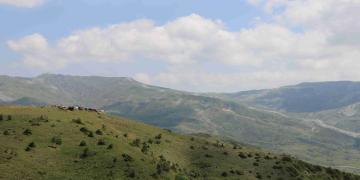Adopt a Coupled Human And Natural Systems approach
Estimate lionfish status and develop catch targets
Support emergent lionfish fishery
Value-added lionfish products
Implement an awareness raising campaign
Lionfish control in areas inaccessible to fishers
